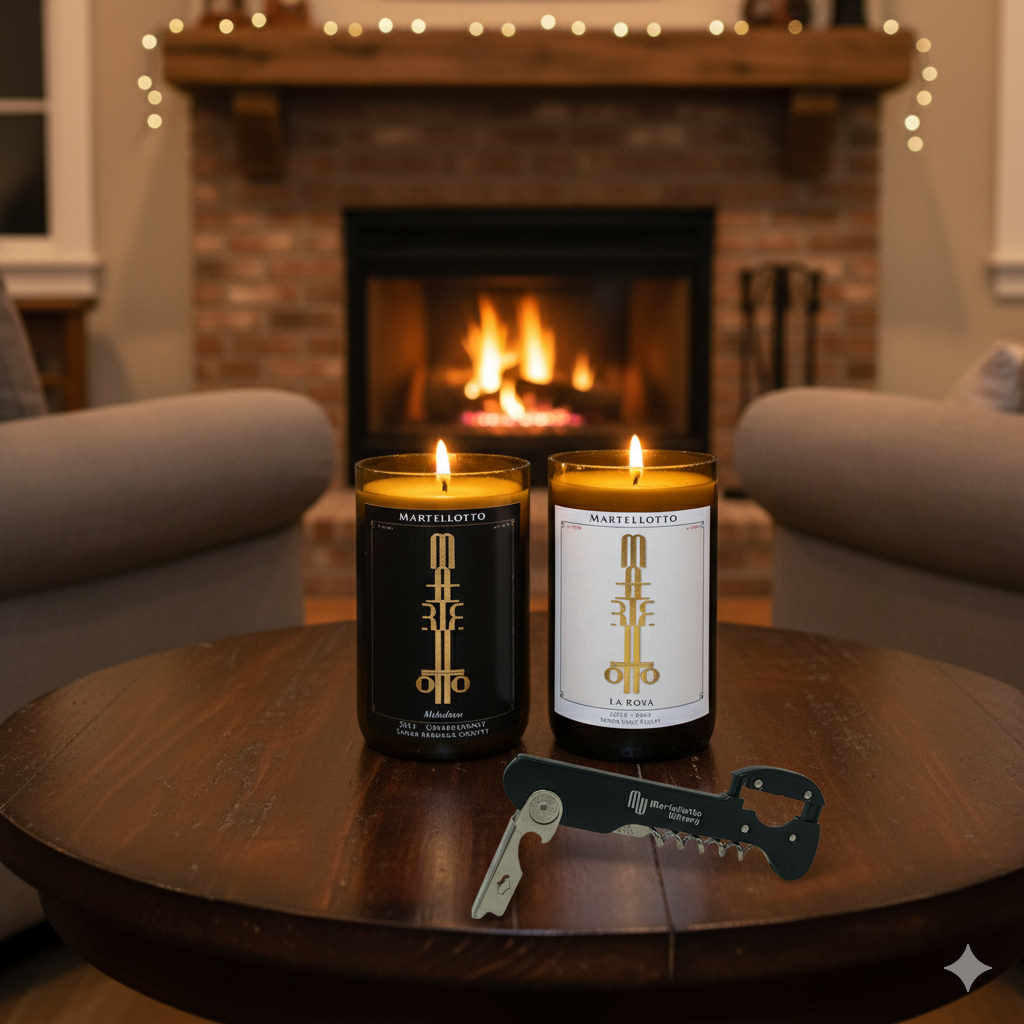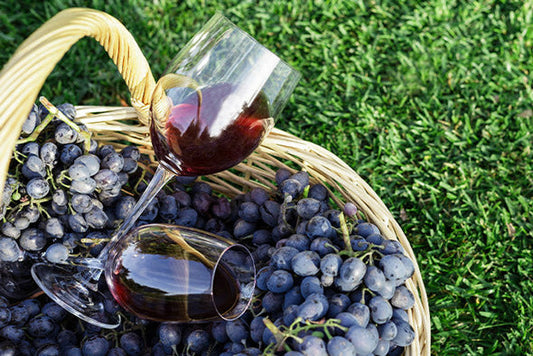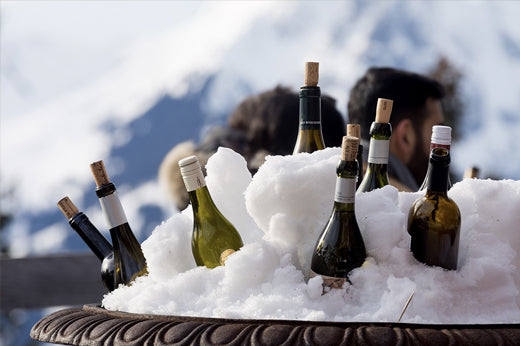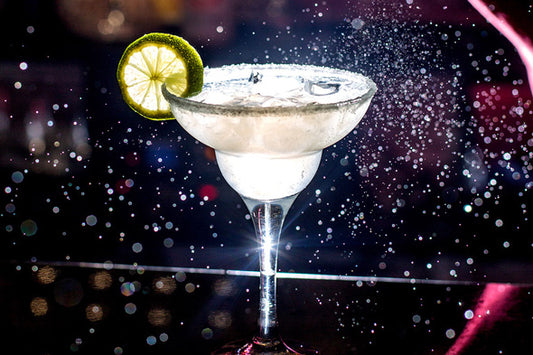
Wine Scores & Awards: Try Before You Buy?
Do Wine Scores and Wine Awards Help Consumers?
Evaluating wine is subjective. Wine scores are guidelines based on criteria set up by the person creating the score. Wine competitions are also subjective. The results in a competition reflect consensus scores and votes of the judges on the panel based on the criteria set.
Scores and medals are used extensively by winemakers and wine marketers to create demand for a wine among consumers. In selling their wine, these are effective tools.

What Wine Scores Tell Consumers
According to Wine Folly, “The 100-point wine rating system has become the benchmark of quality in the wine industry.” This scale started as one man’s opinion (Robert Parker.) As he became influential, the industry adopted it as the benchmark.
Parker wanted to provide consumers with a way to determine which wines were well-made, and which ones he enjoyed. Through his influence, the global wine market changed. Many wineries improved their wine-making techniques, which resulted in higher-quality wine. As Parker’s reputation increased, he became the ‘go-to’ expert on rating wine.
For those who enjoy the same types of wines that Parker does, his ratings were invaluable. For those who don’t, the ratings can be used as a general guideline on a technical level for quality. The same goes for ratings from other critics and experts in the industry. Use their scores only if your taste aligns with theirs.
Scores are not helpful when comparing wines from different countries, regions, production methods or growing methods. If two wines are rated 95, but have different factors, the score tells you little except that the critic liked them both about the same. For instance, Robert Parker rated many red wines from Napa Valley and Bordeaux 95+, but very few white wines from New Zealand or Australia. Depending on your tastes, you may like one over the other because of the differences.
Critics don’t drink every wine in the world, so many available wines are not scored. Consumers are overlooking gems and quality wines at great values when they pass over these wines.
Crowd-sourced applications, like Vivino, Delectable, or Cellar-tracker, provide scores based on the average of all responses. You may or may not like a wine that gets a higher rating, just as your tastes may or may not align with those who are rating the wines.

What Wine Awards Tell Consumers
Buying a wine that earned a medal is no guarantee that you will like the wine. That said, wine competitions typically offer a broader assessment of wine quality versus the opinion of a single critic.
The quality of the tasting, including the judges, has a direct bearing on the results. Professional judges, such as sommeliers, winemakers and other industry experts, lead to more trusted results.
The better competitions use blind tastings of all wines to remove bias in the results. Using various tasting rounds ensures that wines are tasted under different conditions for more consistent results.
Wine competitions offer the following benefits for consumers:
- finding new wines of quality and value
- learning about new or talented winemakers
- benchmarking for comparing wines
- validating consumer choice
- guidance in the face of too many choices
- if scores are used, they provide a familiar reference point
Besides these direct benefits for consumers, wine competitions provide benefits for wineries that can inform consumer choice:
- discovering new wines or new winemakers
- learning about quality, region, vineyard, vintage or style
- brand building and recognition
- benchmarking vs competition
- reaching customers in an important region
- interacting with industry experts, importers, exporters, wholesalers and journalists
Besides Ratings and Awards, What Else?
Taste, taste, taste, taste. Then taste more.
By tasting as many different types and styles of wine over time, you will find the wines you like. If you use scores, compare what you like to critics’ ratings and find those critics whose taste is similar. With award-winning wines, search for those that suit your palate.
Go to wine tastings. Visit your local wine shop and talk to the owner. Ask for a taste of something new when at a bar or restaurant. Read about wine from multiple sources. Keep an open mind. Make your own decisions about the wines you like and why.

Award-winning Martellotto WInery Values Transparency
Martellotto Winery continues to win awards for its unique wines sourced from top vineyards in Santa Barbara County. These wines reveal vibrant acidity combined with bright fruit and depth of character and flavor.
With our healthy and sustainably farmed grapes, we combine creative fermentation techniques with artistic blending to produce wines that are distinctive and delicious. Try the remarkable wines of Martellotto Winery today and find the ones that "speak" to you.






